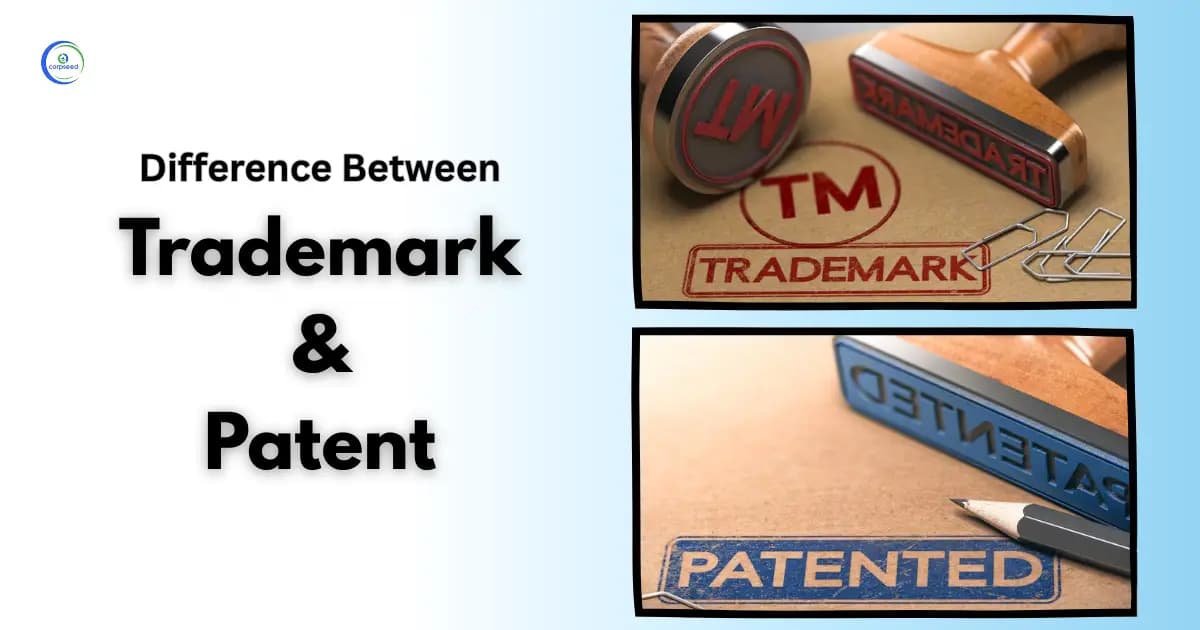
Loading...

Trademark dilution occurs when another company utilizes a name, logo, or brand that closely resembles yours, regardless of differences in product offerings.
About the Author

An experienced legal researcher with a robust academic foundation in BBA LLB and LLM (Corporate Law), I have distinguished myself through extensive contributions to the field of legal research. My work has been widely published, including research papers, articles, and blogs featured in Hon'ble Justice Publications and various esteemed legal websites. My dedication to excellence in research has earned me multiple awards in research paper presentations and content writing competitions.
In addition to my legal expertise, I am committed to staying informed about the latest trends in content marketing and regulatory changes, ensuring that my writing remains relevant, impactful, and aligned with current industry standards. My work is characterized by a deep understanding of corporate law, a passion for thorough research, and a commitment to producing high-quality, insightful content.
Related articles

Logo or Wordmark: Which Trademark Registration Protects Your Brand Better?
2026-02-20

What Is Trademark Class 25 and What Does It Cover?
2025-12-09

Register Trademark Class 30 Food Products
2025-11-27

What are the Legal Issues around Private Music Recording Works in India?
2025-11-25

How to Protect Your Business: Intellectual Property and Compliance
2025-03-29

Difference Between Trademark and Patent
2025-03-04